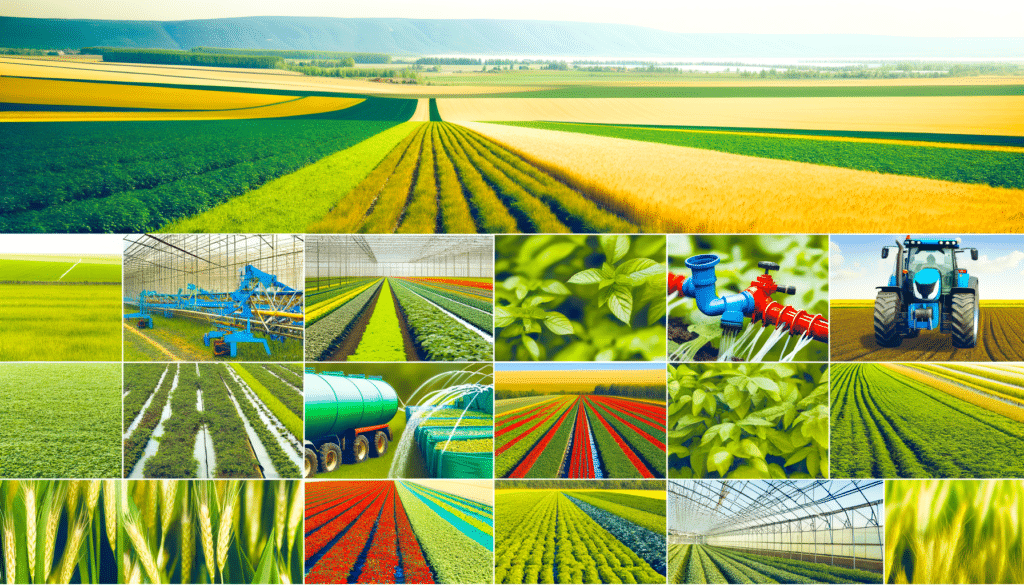Technological Advancements in Agriculture
The integration of technology in agriculture is transforming the industry in unprecedented ways. Modern agriculture programs often include the adoption of precision farming techniques, which utilize GPS, IoT devices, and data analytics to optimize every aspect of crop production. These technologies enable farmers to monitor soil health, track weather patterns, and manage pest control more efficiently. The result is a significant increase in productivity and resource management, which leads to more sustainable farming practices.
Educational Initiatives for Farmers
Another critical component of agriculture programs is education. Educating farmers about the latest farming techniques, crop management strategies, and resource conservation methods is essential for sustainable agriculture. Many agriculture programs offer workshops, seminars, and hands-on training sessions to help farmers stay updated with current trends and advancements in the field. Additionally, online resources and agricultural extension services provide ongoing support and knowledge sharing, empowering farmers to make informed decisions and improve their farming operations.
Financial Support and Incentives
Financial support and incentives are integral parts of many agriculture programs. Governments and organizations offer various grants, subsidies, and low-interest loans to encourage the adoption of innovative farming practices and technologies. These financial aids help farmers invest in modern equipment, high-quality seeds, and sustainable farming methods without bearing significant financial burdens. Such support not only boosts farm productivity but also contributes to the overall economic stability of rural communities.
Focus on Sustainability and Environmental Protection
Sustainability and environmental protection are at the forefront of contemporary agriculture programs. These initiatives promote practices that reduce carbon footprints, conserve water resources, and protect soil health. Programs often emphasize organic farming, crop rotation, and the use of natural pest control methods to minimize the environmental impact of farming activities. By fostering a more environmentally friendly approach, agriculture programs aim to ensure that farming activities can continue to meet the needs of future generations.
Community and Market Development
Lastly, agriculture programs often focus on community and market development to strengthen the entire agricultural ecosystem. By supporting the establishment of farmers’ markets, cooperatives, and local food networks, these programs help create more robust and resilient food systems. They also work to improve market access for smallholder farmers, ensuring they receive fair prices for their produce. Strengthening community ties and market opportunities contribute to the overall well-being of farming communities and the sustainability of agriculture as a whole.

